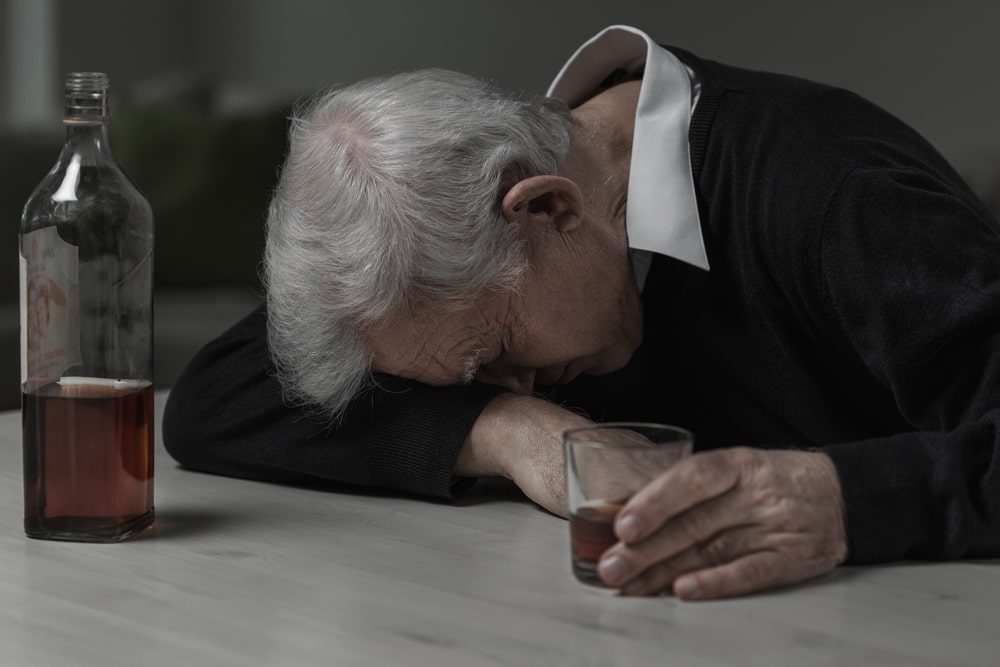In the U.S. and throughout most of the west, the elderly population is growing. In 2011, the first cohort of the Baby Boomer generation reached age 65. This generation comprises about 30% of the U.S. population. As the Baby Boomer generation ages, this number will continue to increase. Rarely are drug abuse and addiction associated with older Americans, but recent research indicates that drug addiction and substance abuse are adversely affecting the 50+ demographic.
Although drug abuse and addiction among younger people cause dire health consequences and other financial, social, and emotional issues, these consequences are worse for older populations. Using drugs or drinking too much alcohol, even if the person is not addicted, can cause serious health issues and cognitive impairment in older adults. The following article will explore the percentage of elderly persons who abuse drugs, and how addiction affects the elderly community.
